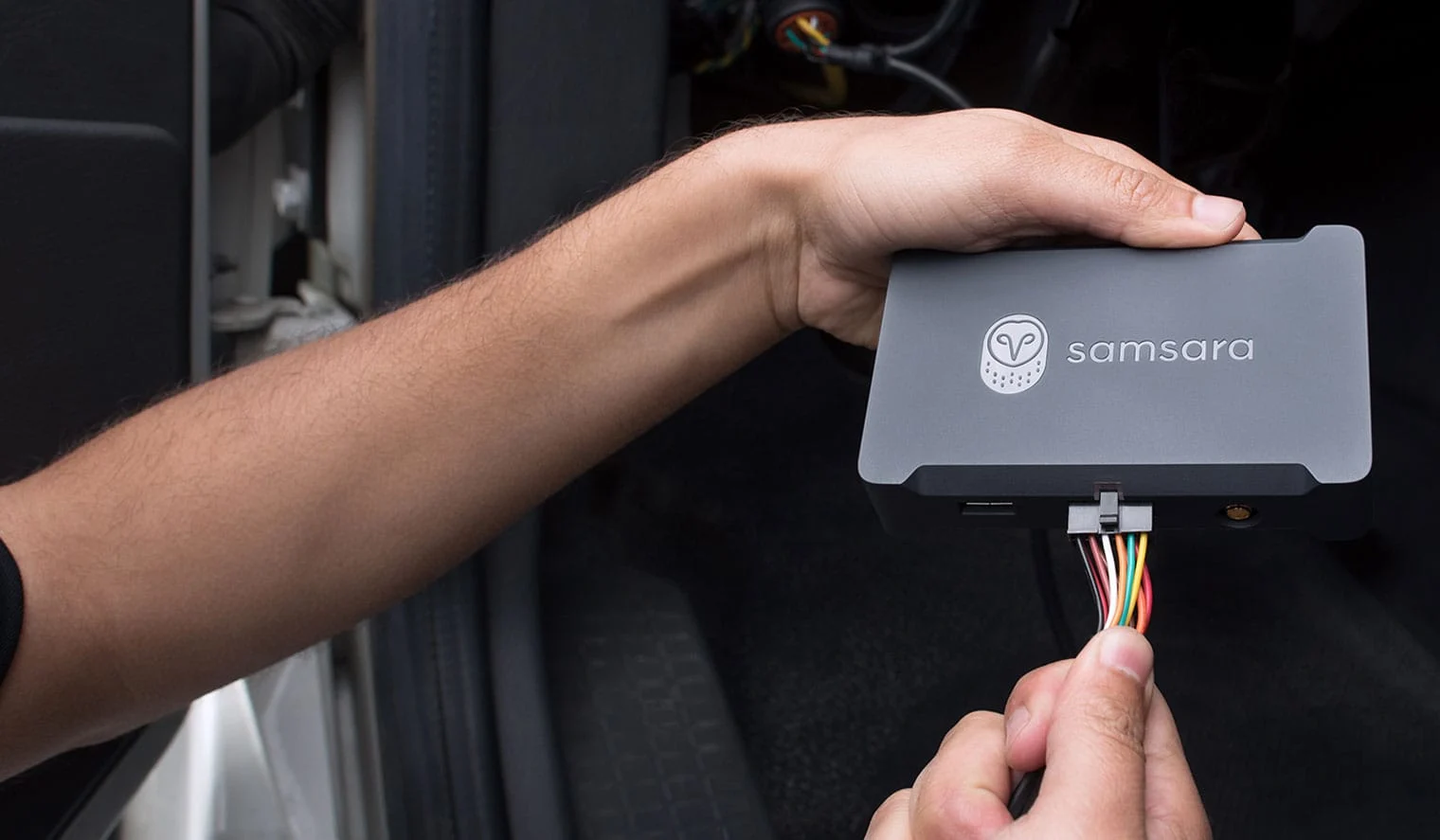How the Mexican Red Cross is responding to COVID-19 with help from Samsara
May 6, 2020

During the COVID-19 pandemic, emergency health services are more important than ever. As these organizations adopt new protocols and processes to ensure patient safety, they need to work more efficiently and effectively communicate within their operations.
The Mexican Red Cross of Nuevo León is one such critical service facing these challenges. They serve a region where around 1,000 people are infected with COVID-19 and where phase three of the pandemic was recently declared. Rogelio Ayala, General Director of the Nuevo León Delegation has helped his team respond. “We’ve had to innovate and create new training for our team to educate them on the correct use of protection equipment, how to effectively decontaminate ambulances, and how to reduce vulnerability," says Ayala. The Red Cross has also had to adapt their resources for emergency use; four of their ambulances are now exclusively for patients infected with COVID-19, and tents have been set up at emergency care bases to treat patients with symptoms of the virus separately.
While the Red Cross adjusts to these changes, they must also guarantee a timely response to the 100+ emergency calls they receive on average per day. "The Red Cross cannot stop because emergencies do not stop, we always have to be on alert," says Rogelio. One of the most important factors in determining the quality of a service is the response time; “The minute we are notified of an emergency, the clock starts ticking. Assisting someone within the first 10 minutes is essential to their recovery before they arrive at a hospital." In order to increase the efficiency of its daily operations decisions, the Red Cross found a solution in Samsara.
Samsara’s complete platform for fleet management offers the Red Cross the tools they need to quickly, safely, and efficiently respond to emergencies:
Ambulance dispatchers use Samsara’s dispatching tools to identify the vehicle closest to the incident and determine the quickest route.
Driver Messaging means paramedics can receive messages to help them prepare the appropriate equipment for each case.
Samsara's live GPS tracking provides up-to-the-second data so dispatchers can make fast decisions and quickly adapt if they detect unexpected delays on the routes. "The driver is now focused on following the directions Samsara gives him and is not concentrating on finding a suitable route in a guidebook or on his phone," says Gabriela Guevara, State Emergency Coordinator.
Dash cam footage helps managers coach drivers on proper safety habits. "The camera in the back of the ambulance allows us to ensure the sanitization protocols are followed with all patients," says Guevara.
Watch the following video to learn more about how the Mexican Red Cross relies on Samsara to continue offering the emergency services that citizens need during this pandemic.



